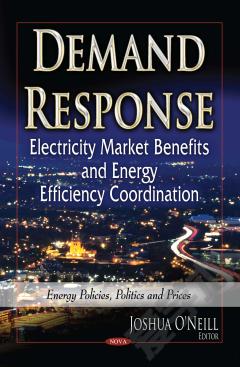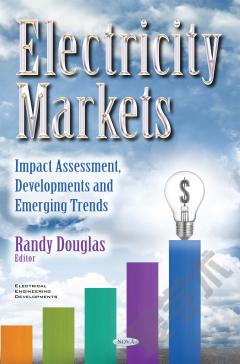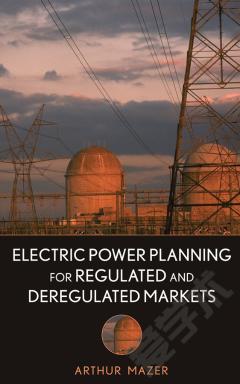Demand Response: Electricity Market Benefits and Energy Efficiency Coordination
Most electricity customers see electricity rates that are based on average electricity costs and bear little relation to the true production costs of electricity as they vary over time. Demand response is a tariff or program established to motivate changes in electric use by end-use customers in response to changes in the price of electricity over time, or to give incentive payments designed to induce lower electricity use at times of high market prices or when grid reliability is jeopardized. Price-based demand response such as real-time pricing (RTP), critical-peak pricing (CPP) and time-of-use (TOU) tariffs, give customers time-varying rates that reflect the value and cost of electricity in different time periods. Armed with this information, customers tend to use less electricity at times when electricity prices are high. Incentive-based demand response programs pay participating customers to reduce their loads at times requested by the program sponsor, triggered either by a grid reliability problem or high electricity prices. Limited demand response capability exists in the U.S. today. Total demand response and load management capability has fallen by about one-third since 1996 due to diminished utility support and investment. States should consider aggressive implementation of price-based demand response for retail customers as a high priority. This book examines the electricity market benefits and energy efficiency coordination corresponding to demand response service.
{{comment.content}}








 京公网安备 11010802027623号
京公网安备 11010802027623号